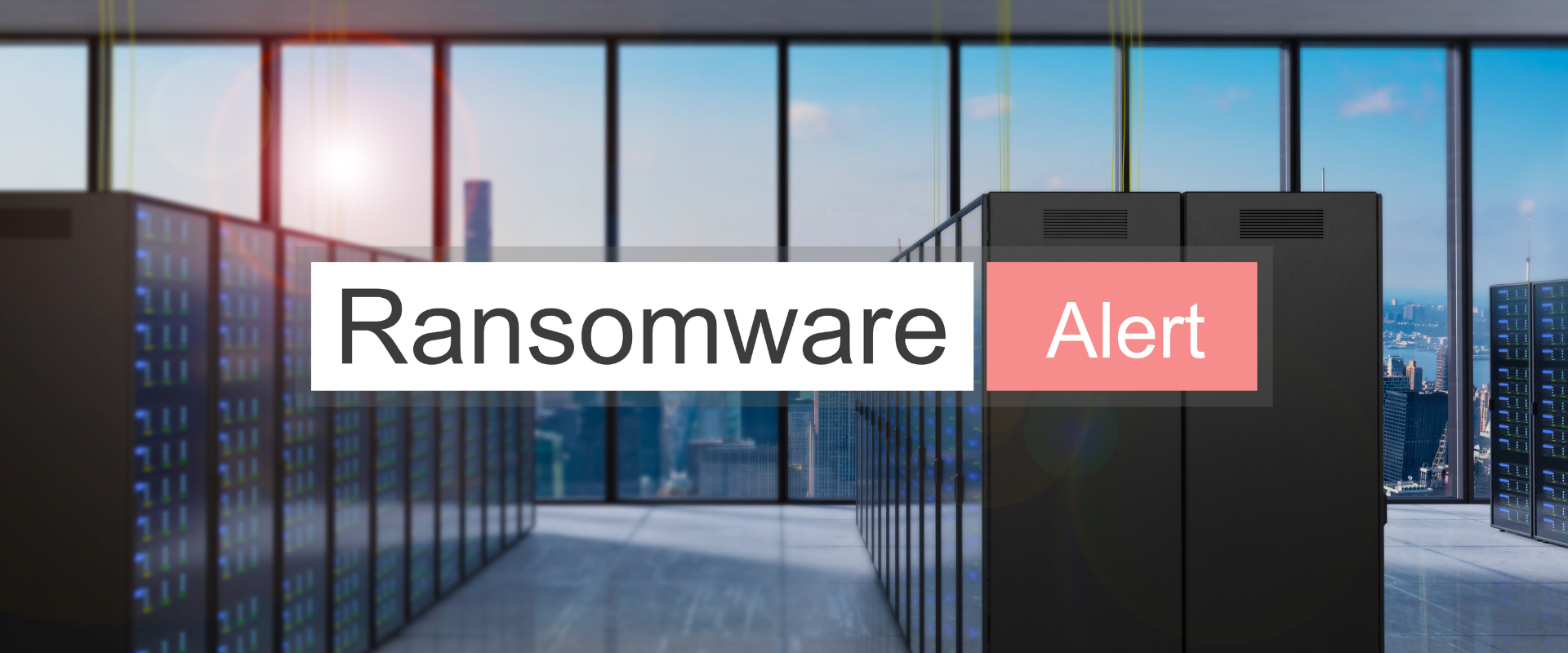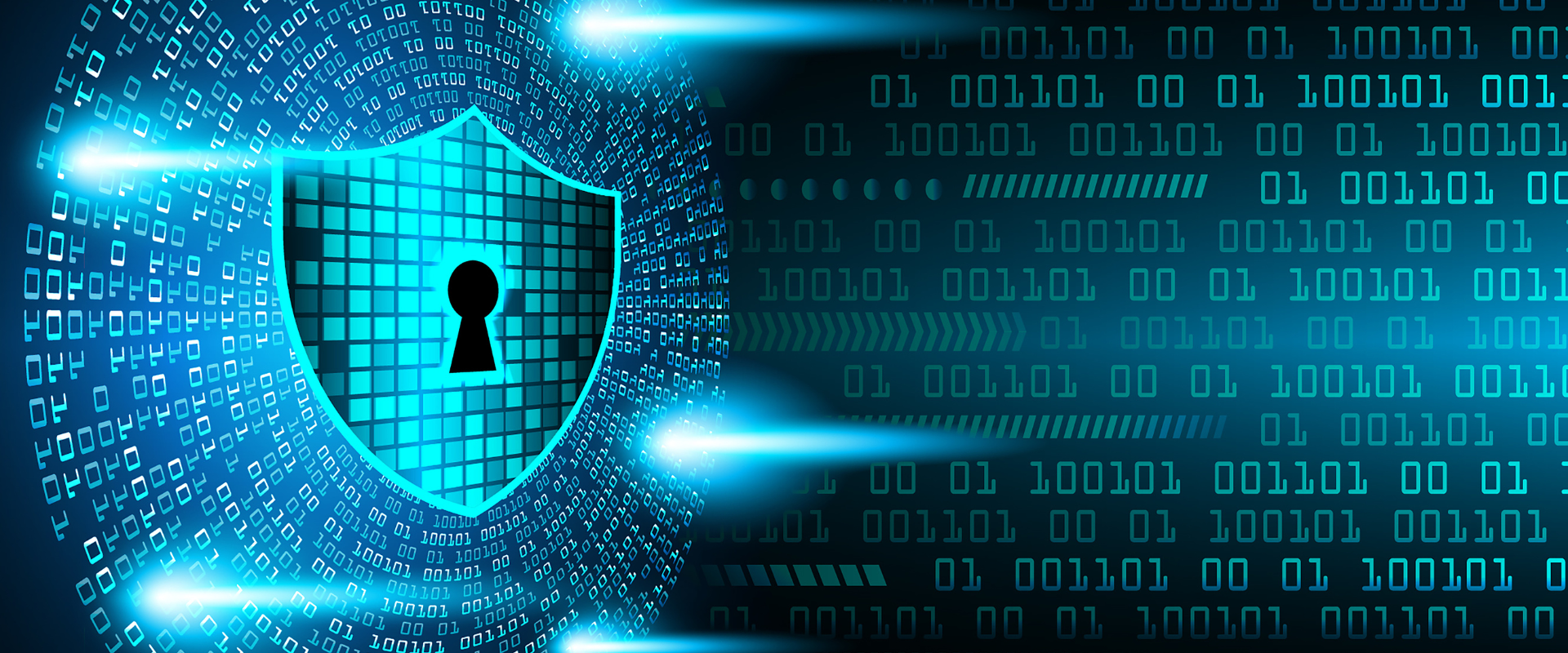
The Critical Role of Endpoint Security in Modern Cyber Defense
By, Webmaster
- 11 Dec, 2024
- 1.9k Views
As businesses continue to adopt more decentralized work models and expand their use of mobile devices, securing endpoints—such as laptops, smartphones, tablets, and desktops—has become a top priority in cybersecurity. With the increase in remote work and cloud computing, endpoint security is more important than ever in safeguarding sensitive data, protecting networks, and ensuring business continuity. In this article, we’ll explore the significance of endpoint security, the common risks associated with unsecured endpoints, and strategies to effectively protect these vulnerable entry points.
What is Endpoint Security?
Endpoint security refers to the practice of securing individual devices that connect to an organization’s network, often referred to as “endpoints.” These devices can be physical or virtual, and they include desktops, laptops, mobile phones, tablets, servers, and IoT (Internet of Things) devices. Every endpoint is an entry point into the network, and each unsecured endpoint represents a potential vulnerability that can be exploited by cybercriminals to gain unauthorized access.
As the number of endpoints continues to grow with the expansion of mobile and remote work environments, ensuring the security of these devices is critical for any organization looking to defend against modern cyber threats.
Why Endpoint Security is Essential
- Increased Attack Surface: With more employees working remotely, organizations are more reliant on devices that connect to their network from a variety of locations. This creates an expanded attack surface, making it easier for attackers to find vulnerabilities and exploit them to gain access to sensitive systems and data.
- Sophisticated Malware and Ransomware Attacks: Endpoint devices are often targeted by malware, ransomware, and other malicious software. Once compromised, these endpoints can be used to infiltrate the broader network, potentially leading to data theft, system downtime, and significant financial losses.
- Employee Mobility and Bring Your Own Device (BYOD): The rise of BYOD policies has allowed employees to use personal devices to access work-related resources. While this offers flexibility, it also introduces new risks. If personal devices are not adequately secured, they can become weak points in the network, providing cybercriminals with easy access to critical business systems.
- Remote Work Challenges: Remote work presents unique security challenges, particularly when employees access corporate networks from unsecured or personal devices. Without proper endpoint protection, these devices can be vulnerable to phishing attacks, unpatched software vulnerabilities, and unauthorized access.
- Compliance and Regulatory Requirements: Many industries are subject to regulatory requirements regarding data protection, such as GDPR, HIPAA, and PCI-DSS. Endpoint security is essential for ensuring that businesses remain compliant with these regulations and avoid penalties for data breaches or non-compliance.
Common Risks Associated with Unsecured Endpoints
Phishing and Social Engineering Attacks: Cybercriminals often use phishing emails, malicious links, and social engineering tactics to gain access to an endpoint. Once an employee clicks on a compromised link or attachment, malware can be installed, or login credentials can be stolen, giving attackers access to the organization’s network.
Unpatched Software Vulnerabilities: Unpatched software vulnerabilities on endpoints are one of the easiest ways for attackers to gain access to a system. Hackers often exploit known vulnerabilities in operating systems and software to install malware or take control of a device.
Unauthorized Access: Without strong access control measures, unauthorized users can gain access to endpoint devices and potentially infiltrate the network. Weak passwords, lack of multi-factor authentication (MFA), and unsecured device configurations all contribute to the risk of unauthorized access.
Data Loss and Theft: Endpoints often contain sensitive business data, such as customer information, financial records, and intellectual property. If these devices are lost, stolen, or compromised, the risk of data loss or theft increases, potentially leading to financial loss and reputational damage.
Insecure Wi-Fi and Network Connections: Remote workers often access corporate resources using unsecured Wi-Fi networks. These unsecured connections provide opportunities for attackers to intercept data or gain unauthorized access to endpoints.
Strategies for Effective Endpoint Security
Implement Endpoint Protection Platforms (EPP): Endpoint Protection Platforms (EPP) provide a comprehensive suite of tools to secure endpoints from malware, ransomware, and other cyber threats. These platforms typically include antivirus software, firewalls, intrusion detection, and encryption to ensure that all devices are protected from a wide range of threats.
Use Multi-Factor Authentication (MFA): Enabling MFA on all endpoint devices adds an additional layer of security by requiring multiple forms of verification before granting access to sensitive systems. This reduces the likelihood of unauthorized access, even if login credentials are compromised.
Regularly Patch and Update Devices: Ensure that all endpoint devices are regularly updated with the latest security patches and software updates. This helps close known vulnerabilities and ensures that devices remain protected against evolving cyber threats.
Encrypt Sensitive Data: Encrypting data on endpoint devices ensures that even if a device is lost or stolen, the data remains inaccessible to unauthorized individuals. Full disk encryption and file-level encryption should be implemented across all devices, especially those used by remote workers.
Implement Strong Access Controls: Use the principle of least privilege to ensure that employees only have access to the resources necessary for their job. Additionally, ensure that all endpoints are protected with strong passwords, biometric authentication, and role-based access controls to limit exposure to sensitive data.
Monitor Endpoint Activity: Regularly monitor endpoint devices for signs of suspicious activity, such as unusual login attempts or unauthorized access to sensitive files. Security information and event management (SIEM) tools can be used to detect, investigate, and respond to security incidents in real time.
Train Employees on Endpoint Security Best Practices: Educate employees about the importance of endpoint security, how to recognize phishing attacks, and the steps they should take to secure their devices. Regular training and awareness programs can help reduce the risk of human error and improve overall security.
Implement a Remote Wipe Policy: In the event that an endpoint device is lost or stolen, a remote wipe policy ensures that all data on the device can be remotely erased to prevent unauthorized access to business-critical information.
Conclusion
Endpoint security plays a critical role in protecting organizations from cyber threats. As remote work and mobile device use continue to grow, ensuring that every endpoint is properly secured is essential for maintaining business continuity, protecting sensitive data, and complying with industry regulations. By implementing a multi-layered endpoint security strategy, businesses can mitigate the risks posed by unsecured devices and create a safer, more resilient network environment.
We hope you found this article helpful. If you have any questions or need assistance securing your organization’s endpoints, feel free to reach out!
Recent Posts
- Zero Trust: The Key to Safeguarding Your Digital Assets
- The Evolution of Ransomware: How to Prepare for the Future of Cyber Extortion
- The Rise of AI-Powered Phishing Attacks: How to Safeguard Your Business
- The Growing Threat of Insider Threats in Cybersecurity: How to Protect Your Business
- The Evolution of Phishing Attacks: What Businesses Need to Know in 2025
Category
- Cyber Security (66)
- Vulnerability Assessment (50)







